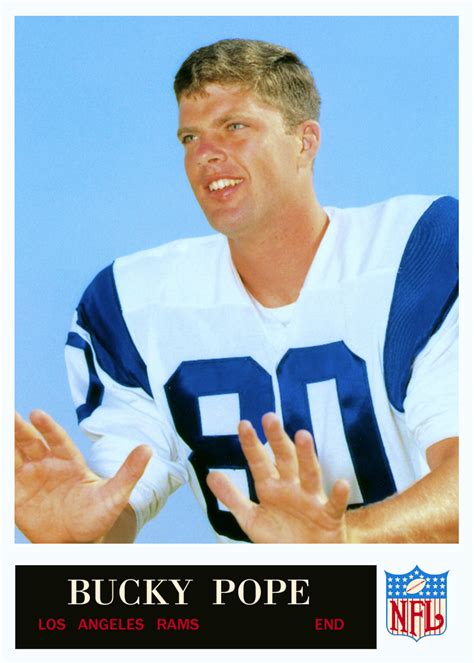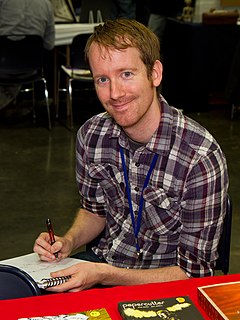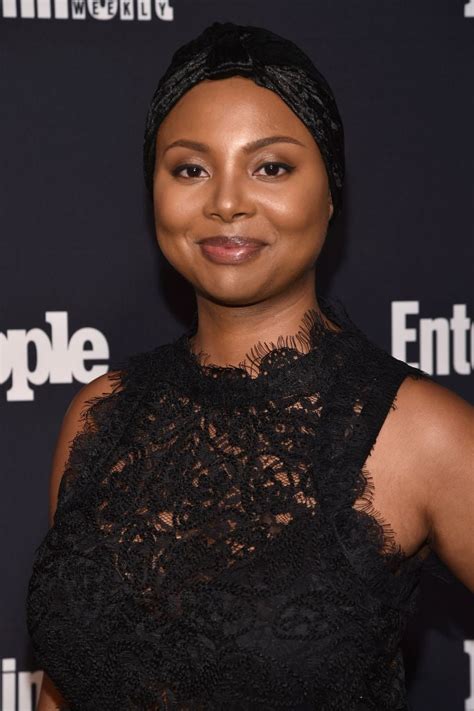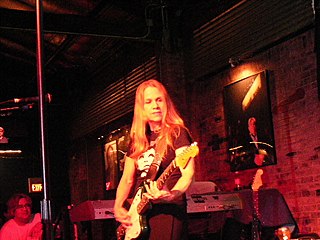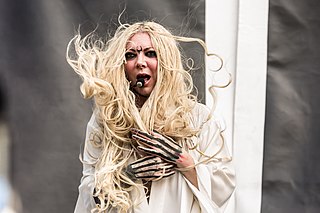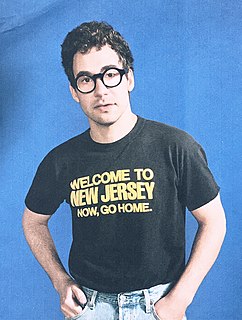A Quote by Ian MacKaye
The American underground punk scene, though, is a story worth remembering.
Quote Topics
Related Quotes
I'm not talking about what came later [after the American underground punk scene], indie music, or whatever you want to call it, but the music that came before that - that's an important story. So many interviews with musicians get the time or context wrong. You have these older bands, usually men, who tell stories about "Oh, we got into this huge fight, this guy punched that guy," that's the wrong sort of story. My view of the time is truly pioneering.
My sense of politics and justice was deeply shaped in adolescence by my involvement with the underground punk - rock scene, and though lots of social and political issues had come forth in my comics, it wasn't until my late 20s that I felt properly equipped to address certain issues of race, power, and violence in my work.
I had to get a driver's license and drive to St. Louis to find the punk-rock scene that was happening there. And there was a punk-rock scene. It was sweet. It was real. It was like everywhere else in the county. It was a handful of people who were feeling the same pull, and, of course, it was like the Island of Misfit Toys in Rudolph the Red-Nosed Reindeer [1964]. Just the freaks, the fags, the fat girls, the unbelievable eccentrics .

